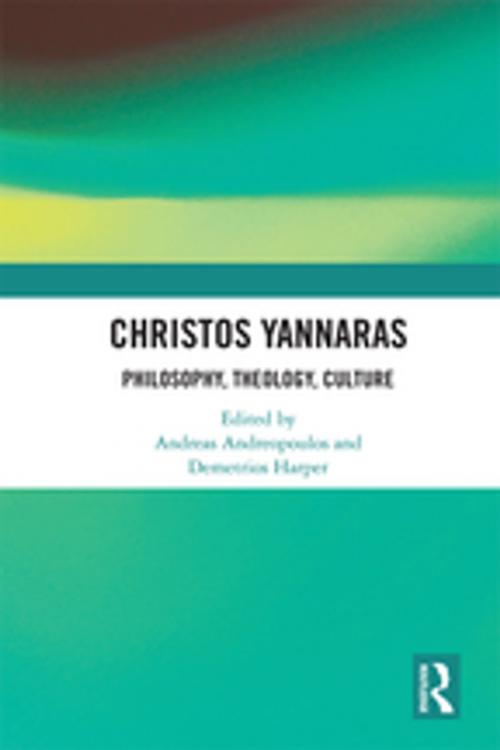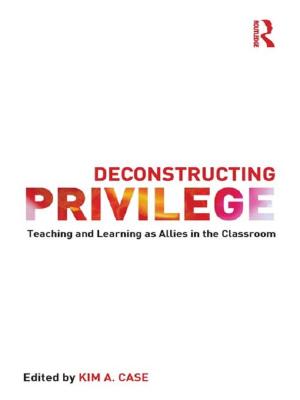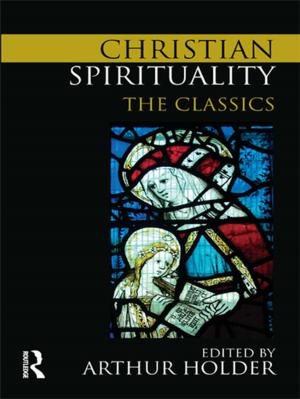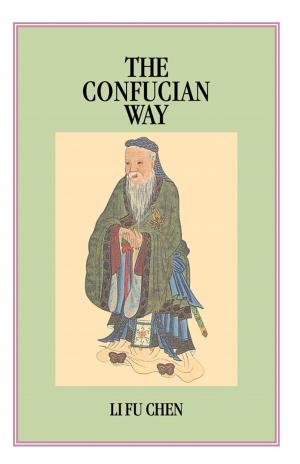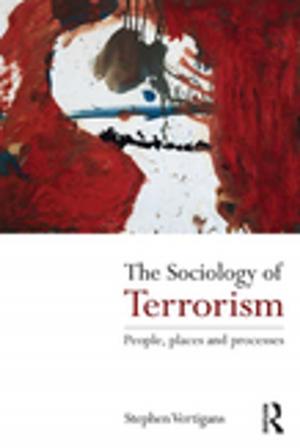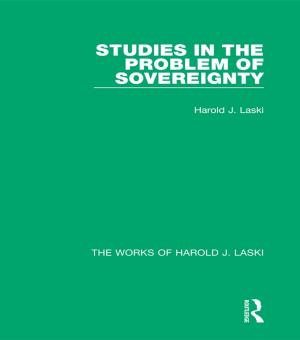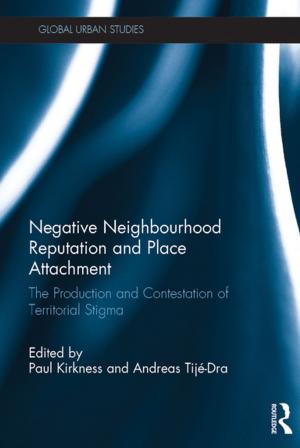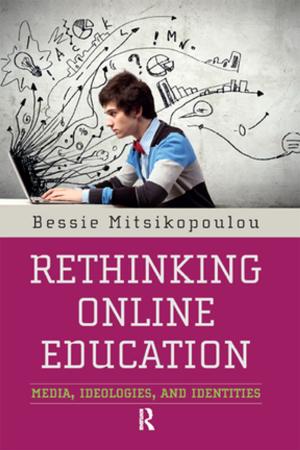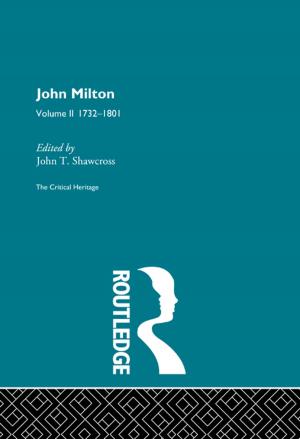Christos Yannaras
Philosophy, Theology, Culture
Nonfiction, Religion & Spirituality, Christianity, Church, Orthodox Churches, Theology| Author: | ISBN: | 9780429809965 | |
| Publisher: | Taylor and Francis | Publication: | September 3, 2018 |
| Imprint: | Routledge | Language: | English |
| Author: | |
| ISBN: | 9780429809965 |
| Publisher: | Taylor and Francis |
| Publication: | September 3, 2018 |
| Imprint: | Routledge |
| Language: | English |
Christos Yannaras is one of the most significant Orthodox theologians of recent times. The work of Yannaras is virtually synonymous with a turn or renaissance of Orthodox philosophy and theology, initially within Greece, but as the present volume confirms, well beyond it. His work engages not only with issues of philosophy and theology, but also takes in wider questions of culture and politics.
With contributions from established and new scholars, the book is divided into three sections, which correspond to the main directions that Christos Yannaras has followed – philosophy, theology, and culture – and reflects on the ways in which Yannaras has engaged and influenced thought across these fields, in addition to themes including ecclesiology, tradition, identity, and ethics.
This volume facilitates the dialogue between the thought of Yannaras, which is expressed locally yet is relevant globally, and Western Christian thinkers. It will be of great interest to scholars of Orthodox and Eastern Christian theology and philosophy, as well as theology more widely.
Christos Yannaras is one of the most significant Orthodox theologians of recent times. The work of Yannaras is virtually synonymous with a turn or renaissance of Orthodox philosophy and theology, initially within Greece, but as the present volume confirms, well beyond it. His work engages not only with issues of philosophy and theology, but also takes in wider questions of culture and politics.
With contributions from established and new scholars, the book is divided into three sections, which correspond to the main directions that Christos Yannaras has followed – philosophy, theology, and culture – and reflects on the ways in which Yannaras has engaged and influenced thought across these fields, in addition to themes including ecclesiology, tradition, identity, and ethics.
This volume facilitates the dialogue between the thought of Yannaras, which is expressed locally yet is relevant globally, and Western Christian thinkers. It will be of great interest to scholars of Orthodox and Eastern Christian theology and philosophy, as well as theology more widely.
